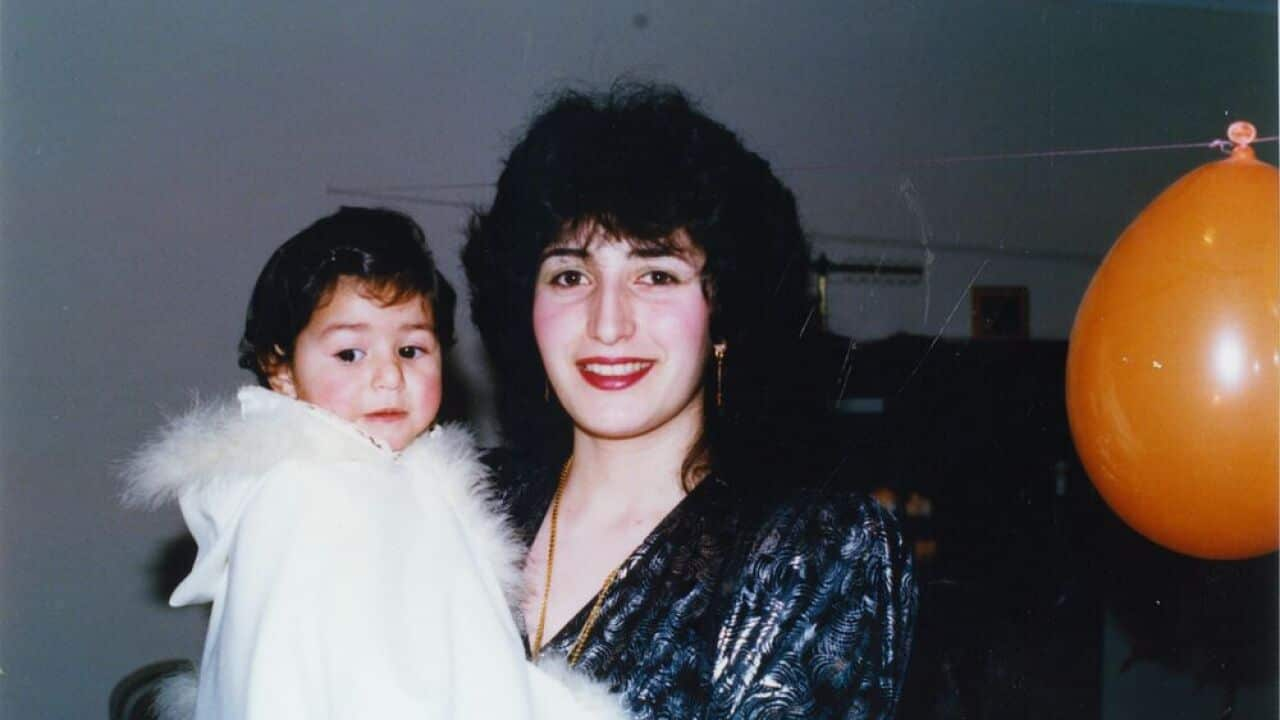In the Netflix series, A Taiwanese Tale of Two Cities, Jo moves out of home in San Francisco after turning 18. Her mother, tearful and silent sits at the dining table with her back to her daughter.
‘You are Taiwanese and I respect your tradition,’ Jo coaxes her mother. ‘I promise to come and have dinner with you every week. Not just for Thanksgiving and Christmas but every week, okay?’
I slurped my noodles loudly in front of my laptop. Was this supposed to be an example of the unfilial children who have grown up in Western countries?
In this cutesy cultural comparison drama, Jo the American hurts her mother by growing up. Jo has a Taiwanese counterpart: good girl Nien Nien will probably stay by her parents’ side until marriage, living upstairs from the family’s traditional Chinese medical practice in Taipei.
For a while, I watched the show for Chinese listening practice while I ate. It paired well with my dinner: sweet enough for me to follow along every week but not so engrossing to keep me bingeing past meal times. Easy to turn on and off. I turned it off and put my bowl and chopsticks in the dishwasher. I have a dishwasher now because I moved out of my parents’ weatherboard house in Western Sydney to live in a new-ish one-bedder, in a yuppie ghetto of riverside apartments.
I moved two years ago, not long after I turned 26. This was the same age Dad first moved to Australia. I kept reminding myself of this when I, like Jo, felt guilty that I was leaving my parents’ side.
I felt guilty – but why?
I felt guilty – but why? My parents had graciously waved me off with containers of frozen homemade dumplings. I was back home for dinner and to sleep in my own bed four days later.
The Chinese word for filial piety is 孝順. In Cantonese, it sounds like hao suen. It’s not a word that I grew up hearing much. Instead, what we got was 乖 (guai), which is how we praise a child for being good. To be guai is to be obedient and I have always been a guai, good daughter.
As a grown-up, I am guai when I come home to visit my parents every week. I am guai when I take the family out to lunch and pick up the bill. I am guai when I lead easy after-dinner exercises in the living room to get my parents moving.
I used to think that being filial was about being obedient and sometimes that meant sacrificing my own needs and desires to fulfil my parents’ wishes.
I have trapped myself in a job I no longer wanted because I saw how much my parents thought it was the best thing that ever happened to me.
And I have come home to spend time with my parents because I felt like I had to. What was supposed to be quality time together was soured by me feeling rushed and resentful about how much I had to squeeze into my weekend.
I have come home to spend time with my parents because I felt like I had to.
I had forgotten that my parents’ Number One Wish was for me and my sister to be healthy and happy. It’s my Number One Wish for my parents, too.
I am coming to understand that acts of filial piety are an expression of love, not of obedience. How we express that love doesn’t have to be fixed in tradition and duty - it can be flexible to our changing needs and cultural contexts.
“Don’t think of it like it’s a burden you have to bear,” Mum says.
This view of filial piety seems to be something that my parents had in their hearts all along. Mum insists that I don’t come home every weekend if I have too much on.
“Don’t think of it like it’s a burden you have to bear,” Mum says. “Just don’t forget about me when I don’t know how to talk any more and I’m wetting my pants.”
“Okay,” I say. I’m prepared for this. I know that one day Mum and Dad will need a lot more care from me and my sister. It is something I think about when I imagine what my life would be like in the future.
Dad laughs at my obedient acceptance. “That’s the wrong answer.” he says. “You’re supposed to say, ‘that won’t ever happen – you’ll always stay young and healthy!’”
Janette Chen is a filial daughter and writer from Western Sydney.
This story was originally commissioned for the ‘Stories of Filial Piety’ project exploring the Confucian philosophy of filial piety; described as a virtue of respecting one’s elders and ancestors. The projects is funded by the City of Sydney under their Matching Grants programs.




